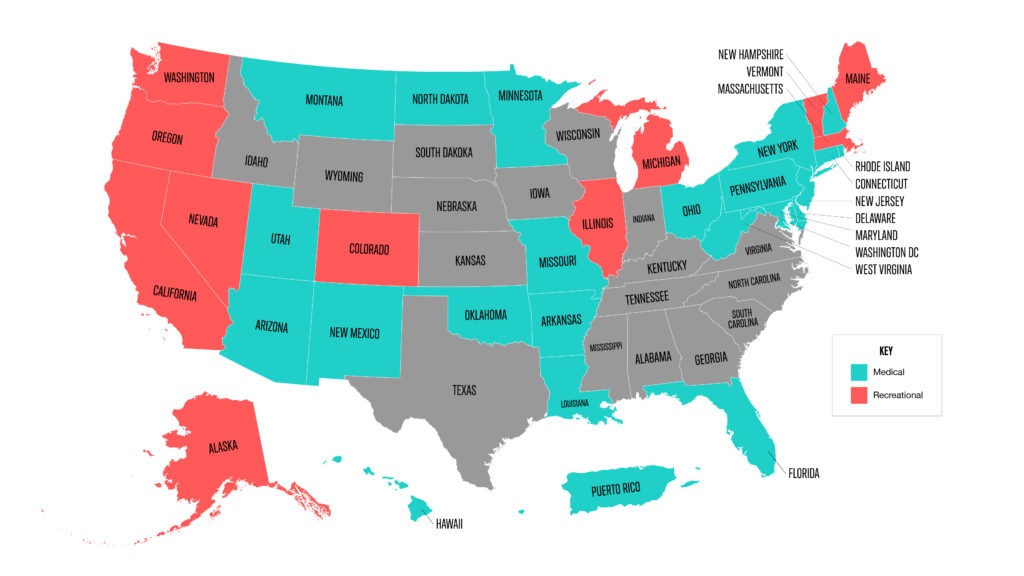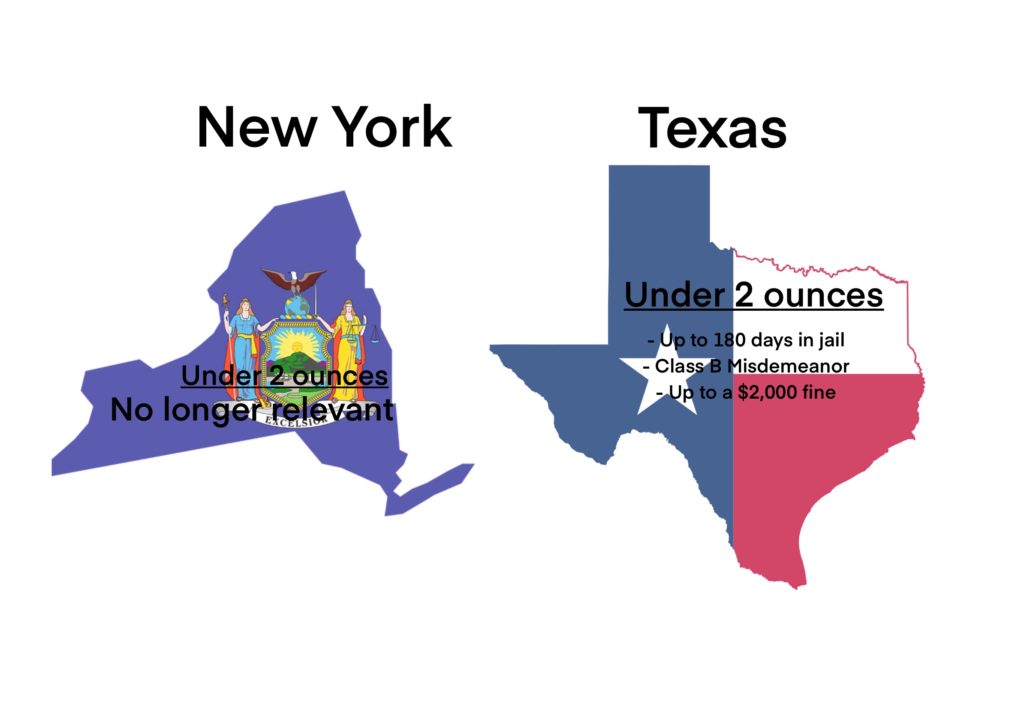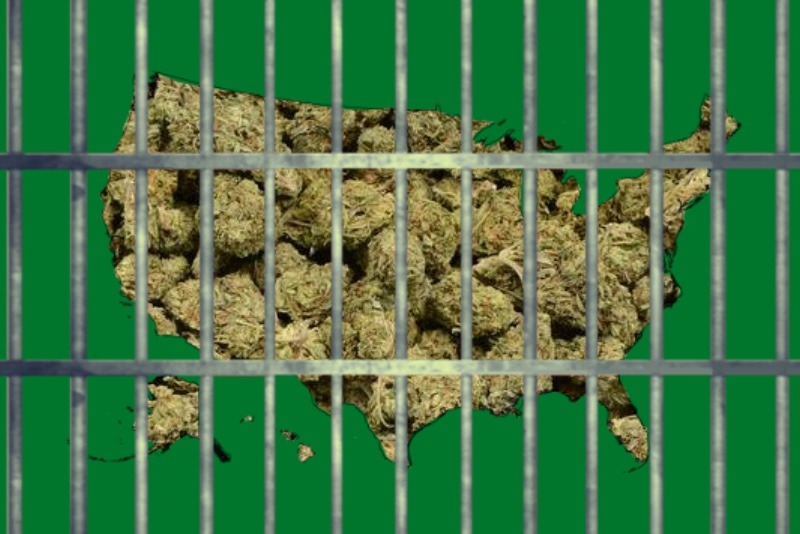This is America.
Smoking weed in America is something that is just now starting to become more and more favorable in the light of the law. For the longest time and still today, Marijuana has been classified as a schedule 1 drug. Marijuana for so many is a healing drug, physical pain, cancer and anxiety are just a few things that cannabis has proven to help treat and even cure, but for most marijuana can destroy lives. But not in the way you would think, rather than the drug possessing a threat to those who use it, the law that keeps that drug illegal is what actually causes the most harm. Mass incarceration, systemic racism and being displaced in the world with a criminal offense or a felony are some of the things that have resulted keeping marijuana illegal.
In 2020, we have seen the relationship between the government and the people for what really is, rocky and extremely fragile. For years the government has claimed to be making steps in justice and liberty for all Americans, yet the work done says otherwise. We have a system that caters to the rich over the poor, a system that works to put POC (people of color) in prison rather than in society and sadly a system that doesn’t value their lives either. This system rears its ugly head around especially in the area of drugs and narcotics.
As marijuana legalization spreads across the United States, states are not only unveiling taxation plans and licensing regulations for growers and sellers, but also actively addressing past injustices suffered by marginalized communities affected by marijuana. Discover how states are working towards making amends for years of wrongdoing. States have worked out plans to release prisoners and expunge records that contain information related to possession of weed. But while that is great, that doesn’t give the person the years of their life back lost within the prison system. This also doesn’t guarantee they will have the resources needed to find employment or housing because the system, while changing and becoming better, is still against them.
In this post we will be looking at a few different things happening on the legality side of marijuana. Explore state-level marijuana legalization, including legal reforms and expungement of criminal records. Discover the potential of reparations to address government wrongdoing and rectify historical injustices caused by cannabis prohibition.
Legalization

Source/ WeedMaps
Viewing the provided map, I feel isolated in Illinois. Many states remain without legal medical or recreational marijuana. The blue indicates states with medical use, offering hope. Most recreational states began as medical before expanding. In Chicago, I recall the passage of medical cannabis in 2013, albeit with restrictions. This map highlights the patchwork of marijuana legality across the USA, emphasizing the need for state-level reforms to address past cannabis-related incarcerations.
Laws and actions related to marijuana incarceration
The laws regarding marijuana have taken drastic changes over the years. This includes more than just the use of medical or recreational, it also involves the sentencing and prosecuting of people found with pot on or in their system. States have also begun to look into cases where someone was sentenced to jail time or is still in jail for possession of marijuana. This though is really only happening in states that have actually legalized it. As we know marijuana is not federally legal, therefore, the only states to truly release prisoners based on marijuana based charges are the states that have legalized it.
The example I have is this, in a state like Texas where weed isn’t legal, medically or recreationally if you have any amount under 2 ounces, you technically qualify for a class B misdemeanor. From there you can get from anywhere up to 180 days in jail and up to a $2,000 fine. Now compare that to a state like New York, where medical marijuana is legal if you are caught with under 2 ounces of weed it’s “no longer relevant” stated by the NYPD. In short, the handling of marijuana policies in this country and the lack of consideration for the people seeking cannabis is deeply flawed and problematic.
 In 2020, the challenge lies in the fact that despite nationwide legalization efforts since 1996, we are only now gaining the freedom to possess marijuana in select states without facing imprisonment. States are gradually granting freedom to incarcerated individuals for marijuana possession. In Illinois back in 2019, Governor Pritzker announced 11,000 sentence pardons for low level possessions of marijuana as reported by CBS News. That is one example of the government trying to right the wrongs made during the war on drugs. But it’s far from enough, according to Forbes, there are roughly 40,000 prisoners convicted of marijuana charges within our prison system. With less and fewer convictions and marijuana charges happening every year the question is, is releasing prisoners for chargers enough? Is there anyway we can give back to the people who have been wronged by the system that says it’ll protect them?
In 2020, the challenge lies in the fact that despite nationwide legalization efforts since 1996, we are only now gaining the freedom to possess marijuana in select states without facing imprisonment. States are gradually granting freedom to incarcerated individuals for marijuana possession. In Illinois back in 2019, Governor Pritzker announced 11,000 sentence pardons for low level possessions of marijuana as reported by CBS News. That is one example of the government trying to right the wrongs made during the war on drugs. But it’s far from enough, according to Forbes, there are roughly 40,000 prisoners convicted of marijuana charges within our prison system. With less and fewer convictions and marijuana charges happening every year the question is, is releasing prisoners for chargers enough? Is there anyway we can give back to the people who have been wronged by the system that says it’ll protect them?
Where reparations come in
Now the word reparation means to give someone you have wronged either money or something in the form of forgiveness. Reparations when used within American politics generally refers to righting the wrong between African Americans and the government. We have seen the government try and fail at reparations in the past. When the Native Americans received reserves and money, they did not receive full control over the assets. Rather, the US government held the right to distribute the assets as they seem fit. In 2019, reparations entered the spotlight during a congressional hearing, marking the first discussion in a decade. However, considerations regarding reparations for slavery have persisted since its official end in Texas, celebrated on the historic day of Juneteenth.
States and cities are actively discussing the use of tax revenue from marijuana legalization in relation to reparations. As the conversation progresses, the implementation of reparations becomes a key consideration alongside the legalization of marijuana. A suburb of Chicago, Evanston has decided to use the money generated from sales of marijuana to go towards reparations. Alderman Robbin Rue Simmons revealed that African Americans comprised 70% of marijuana-related arrests in Evanston, despite making up just 17% of the populationReported by ABC News, the article goes on to say that Evanston will give $25,000 towards any property purchase by an African American whose roots in Evanston were established between 1919-1969 or their direct descendants. This is all in response to Evanston’s pay gap between white and black residents. The idea is too close that starting at a property level, giving people the chance to own their property.
Takeaway
Injustices towards people of color linger, leaving lasting scars. Cannabis-related disparities disproportionately impact POC, enduring harsh penalties. America strives to right past wrongs with reparations, fostering fairness. The battle for cannabis legalization and inclusive rights continues, as society acknowledges and rectifies its flaws for a better tomorrow.



